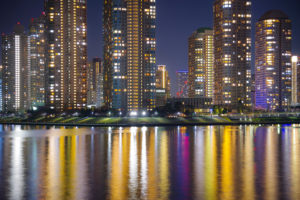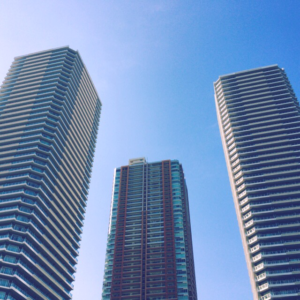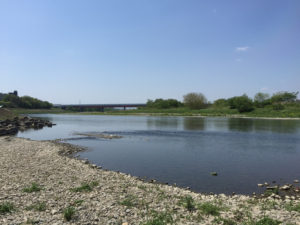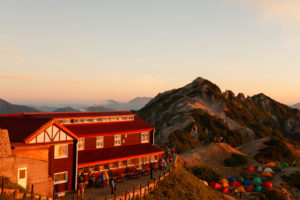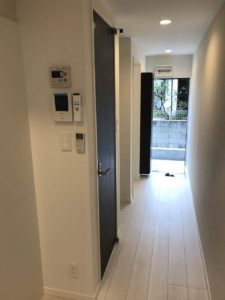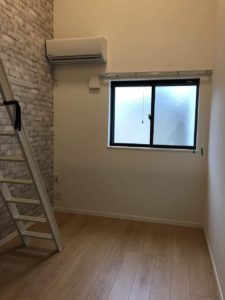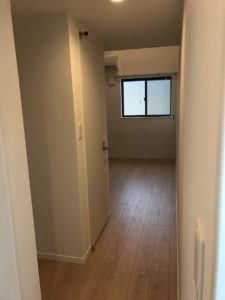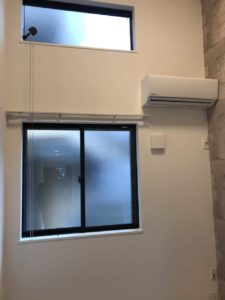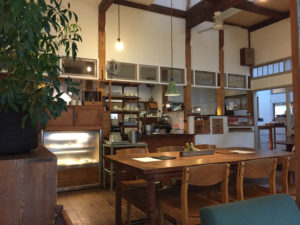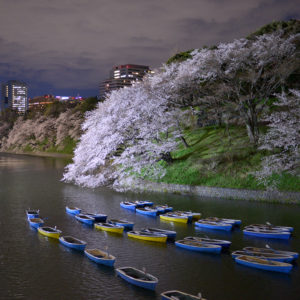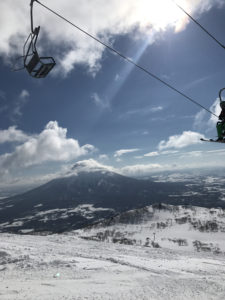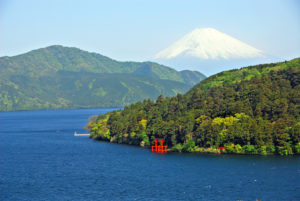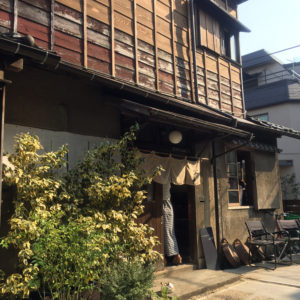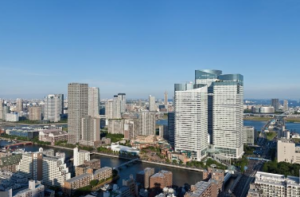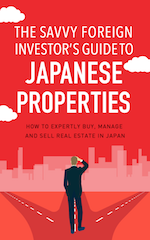Where is the most expensive location in Tokyo ?
Ginza in Chuo-ku.
You are right. In terms of face value, Ginza is the most expensive location in Japan and those expensive
locations are commercial areas.
What about the condos relative to the ratio of rent ?
With the rise in land prices, real estate has become difficult to buy year after year.
Where is the area which is relatively cheaper than other areas in terms of the payback period using
the rent you have to pay ?
Real estate research firm Tokyo Kantei announces “Condominium PER” every year for new condos
as one of the judgment criteria.

